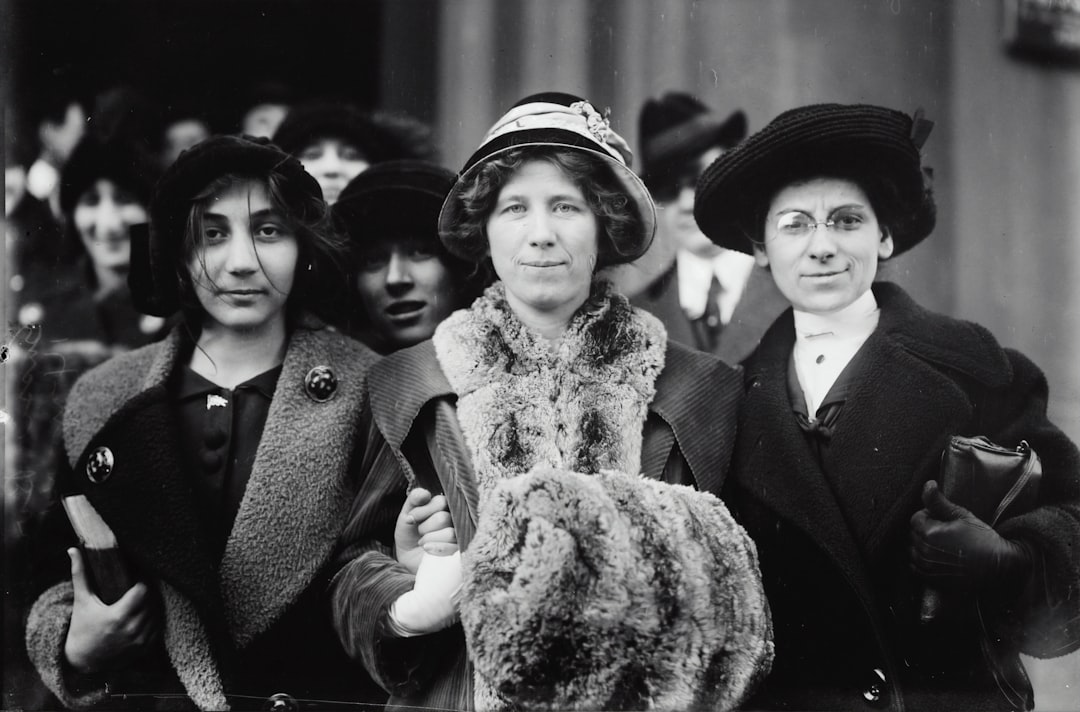What is it about?
This article explores humanity’s ontology of relationality and telos of the common good as both inseparable and mutually constitutive, drawing on the work of Thomas Aquinas and looking into the debates between Charles De Koninck and Jacques Maritain. While each person is singular and uniquely valuable, each becomes the unique person she is through networks of relationship (some near, some extending out through our global inter-connectedness), From this ontology, we have the telos to attend to those networks,--to the common good.
Featured Image

Photo by Harli Marten on Unsplash
Why is it important?
The article argues against a neo-liberal, "selfish gene" view of life, where the aim is to get more for me (my firm, my political party, my portfolio). It offers a basis from the very way we are (ontology) to relationality and the common good (our telos) as the framework and standard for public policy. It sees ontology (the way we are) and our goals (telos) as mutually constituted and looks at the debate between Charles De Koninck and Jacques Maritain to illustrate that mutuality.
Perspectives
We observe today that self-absorption is touted as "natural" or necessary and polarization into populist and neo-nationalist groups is increasing. The article presents an antidote, an alternative view based in the foundations of human development.
Marcia Pally
New York University
Read the Original
This page is a summary of: Relational Views of Humanness: The Reciprocity of Ontos and Telos, Studies in Christian Ethics, May 2019, SAGE Publications,
DOI: 10.1177/0953946819847958.
You can read the full text:
Resources
Contributors
The following have contributed to this page










